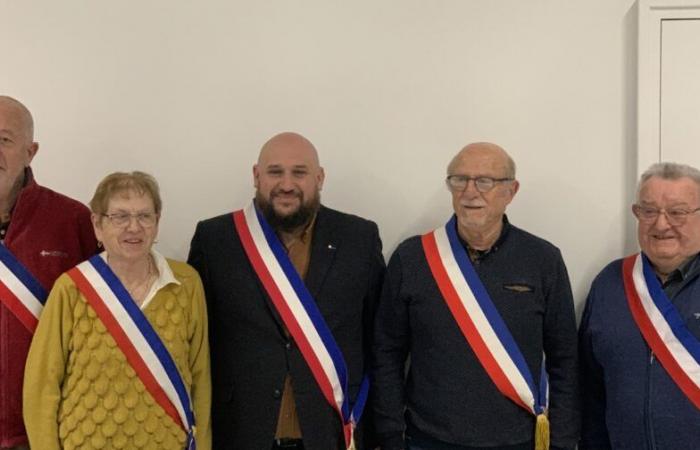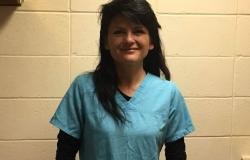
This union became official on January 1, 2025. The new commune, Sauzé-entre-Bois, has 2,300 inhabitants. And who says new municipality, says new mayor. On January 6, the 56 elected officials from the five former municipalities voted. One candidate, Nicolas Ragot, former mayor of Sauzé-Vaussais. Unsurprisingly, he is the first mayor. He confirms that this union is a long-term work, “it is a work that we have undertaken on a broader scale […] with first of all eleven municipalities. There are eight of us who did a study two years ago, three years even. In the end, there were five of us who chose to go there. »
In the current economic context, mergers are seen as a way to save money. This is the case in Gironde, where Porte-de-Benauge and Saint-Genis-du-Bois now form a single municipality, with just over 600 inhabitants.
Merger of municipalities, a bad idea for economies of scale?
For the new mayor Sauzé-entre-Bois, the merger is a way for smaller municipalities to pursue more ambitious policies, “certain municipalities are really at critical sizes to be able to carry out projects. We take the example of Pers, where there are 74 inhabitants with an operating budget of 40,000 euros, which is very little. »
Even if these famous economies of scale, so much sought after today, are not the primary objective of the five old municipalities, “by pooling, in the long term, we expect to have savings in costs. Eventually. I will never say that creating a new municipality costs less, since that is not true at the start. It's going to cost more.
We need to structure, we need to put in place management positions, etc. So, we know, the start is going to be a little more expensive. »
Precisely, the State encourages the merger of municipalities. To do this, it is providing a subsidy of 15,000 euros for three years. The new commune of Sauzé-Vaussais will also benefit from this aid. Gabriel Bideau, doctor in geography, works on the creation of new municipalities. Despite the aid, he does not necessarily observe any savings, “Some municipalities will succeed in making savings, but other municipalities, conversely, will not succeed in making savings at all. They will even have an increase in their expenses. »
-This increase in costs is partly explained by the fact that there is not necessarily a reduction in the payroll. For example, Sauzé-entre-Bois currently has 56 elected officials, which is almost as many as for the city of Poitiers. In addition, before the merger, the income level of town hall members differs from one municipality to another. At the same time as the merger, there is therefore an alignment of rewards, often at the highest levels to avoid discontent. This is the case for Sauzé-entre-Bois, where elected officials from small towns have seen their hourly rate increase. This therefore does not necessarily lead to savings since the salary cost will increase.
Fear of distance from services
But for Gabriel Bideau, it is also necessary to relate other criteria such as services, “A town which had 500 inhabitants perhaps did not have, for example, a gymnasium. So maybe now that it has merged with three other municipalities of 500 inhabitants, maybe they haven't saved money, but maybe they have a gymnasium. And so, if they haven't made any savings, but they have an additional gymnasium, we can consider that this is an improvement. »
In terms of services, there is a fear of seeing them move away. This is what this resident of Caunay explains, “I think that Sauzé-Vaussais will be done first and the small towns will be done at the end. » Same fear about the distance from a resident of Montalembert, “I had direct contact with the town hall, which was nice. I don’t know if I will be able to have the same contact with the new town hall.”
Nicolas Ragot wishes to reassure his fellow citizens about this merger, “On a daily basis, the idea is that things do not change, except at the level of services. Today, in Sauzé-Vaussais, we have a town hall open from Monday to Saturday. We can obtain identity documents, there are different proposals which are made at reception. In particular support for people in difficulty or the elderly. Our small neighboring towns did not necessarily have these possibilities, due to lack of budget and staff. The idea is to extend these services, to be able to keep the delegated town halls (of the old municipalities) open as they were before and to offer new things. »





